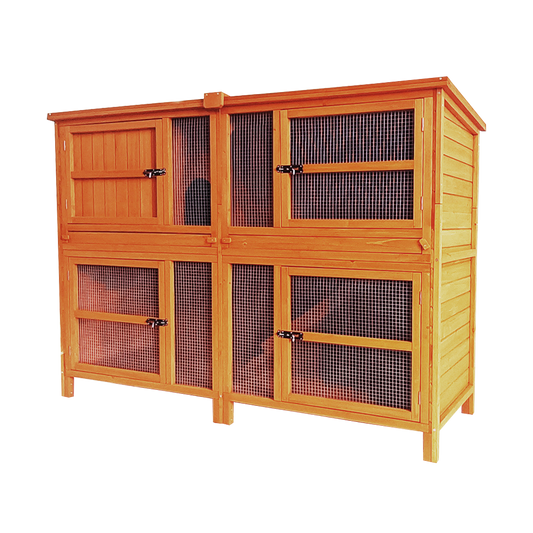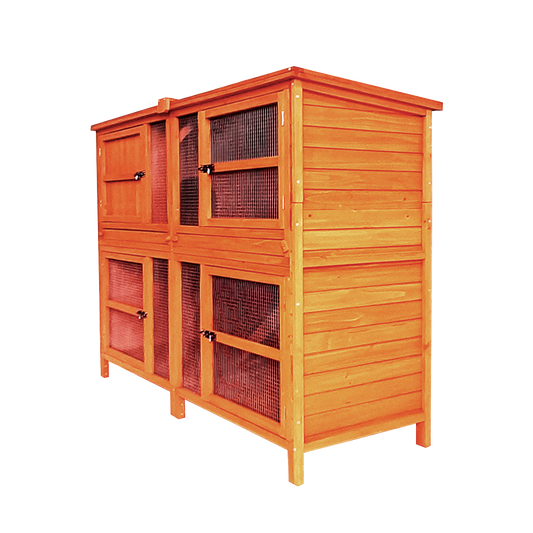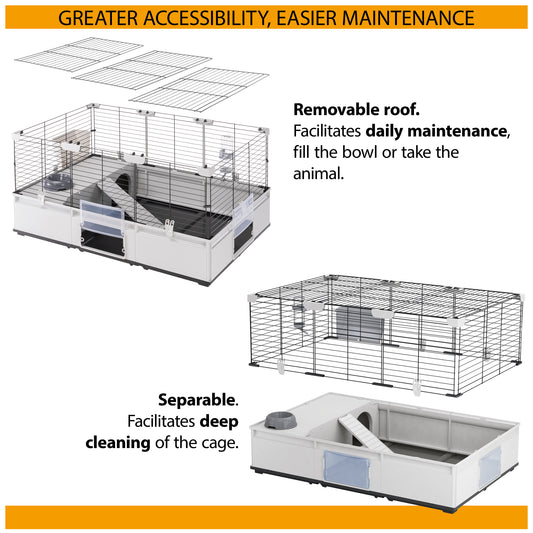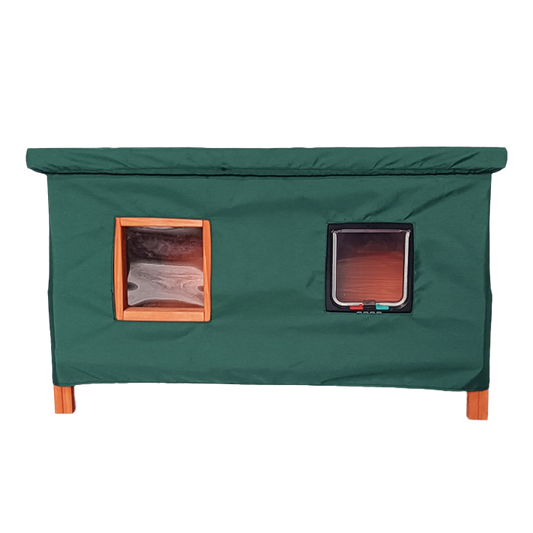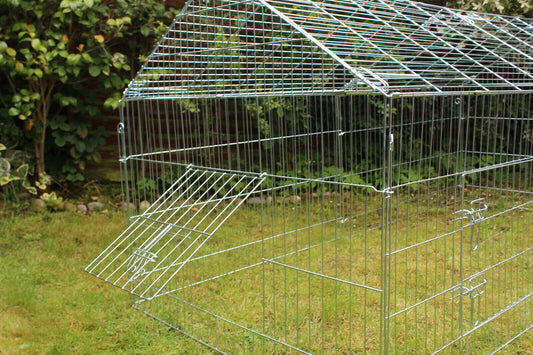As responsible dog owners, we want to provide our furry friends with the best nutrition possible. However, it's crucial to be aware that not all human foods are safe for dogs. In this comprehensive guide, we will unveil the truth about canine food choices.
Discover the proper way to feed your dog. This includes learning about safe foods and what to avoid. You can explore options such as home-cooked meals or commercial products. Learn about dog nutrition from experts to keep your furry friend healthy and happy.
Understanding Canine Nutritional Needs:
To make informed food choices for your dog, it's essential to understand their unique nutritional requirements. Dogs require a balanced diet that includes protein, carbohydrates, fats, vitamins, and minerals. Consult your veterinarian to determine the specific dietary needs of your dog based on their age, breed, size, and activity level.
Dog-Friendly Foods:
Certain types foods are safe and nutritious for dogs. These include lean meats like chicken and turkey, which provide protein. Vegetables like carrots and green beans can be beneficial sources of vitamins and fibre. Fruits such as apples and bananas, when given in moderation, can offer natural sweetness and additional nutrients.
Foods to Avoid:
While some foods are safe for dogs, others can be potentially dangerous or even toxic to dogs. It's crucial to be aware of these foods to protect your dog's health. Common examples include chocolate, grapes and raisins, processed meat, onions and garlic, avocados, and certain nuts. These foods can harm digestion, organs, and increase the risk of heart disease.
Chocolate is harmful to dogs due to the presence of a substance called theobromine. Theobromine is a type of compound called methylxanthines. They are stimulants that affect the brain and heart. Dogs process theobromine slower than humans, causing toxic levels to accumulate in their system.
Remember, even a little chocolate can be dangerous for dogs. If your dog eats chocolate, act quickly to keep them safe. If your pet ate chocolate or appears sick, contact a vet or animal hospital for assistance and treatment.
Grapes and raisins can be harmful to dogs, and the exact reason behind their toxicity is still unknown. However, veterinarians have observed that dogs can experience serious health complications from ingesting grapes or raisins.
Grapes or raisins do not affect all dogs. Researchers are still studying the reason why some dogs are affected. To keep your dog safe, it is best to not let them have grapes or raisins because they can be harmful.
Onions and garlic, whether in raw, cooked, or powdered forms, contain compounds called organosulfides. These compounds can cause damage to a dog's red blood cells, leading to a condition known as hemolytic anemia. Eating onions and garlic can cause weakness, pale gums, vomiting, diarrhea, faster heart rate, and even collapse.
Avocados contain a substance called persin, which can be toxic to dogs in large quantities. Dogs can eat the fruit, but they shouldn't have the pit, skin, or leaves because they contain more persin. Ingestion of these parts can cause gastrointestinal upset, including vomiting and diarrhea.
Some nuts, such as macadamia nuts and walnuts, can be harmful to dogs. Macadamia nuts contain an unknown toxin that can affect a dog's nervous system. Ingestion of macadamia nuts can lead to symptoms like weakness, tremors, vomiting, elevated body temperature, and incoordination.
Walnuts, especially black walnuts, contain a toxin called juglone, which can cause gastrointestinal upset in dogs. Nuts with lots of fat can cause pancreatitis, which is inflammation of the pancreas, in dogs that are prone to it. You should avoid feeding dogs nuts, especially those that are known to be toxic or high in fat.
Harmful Ingredients in Commercial Dog Foods:
Not all commercial dog foods have the same quality. Some may contain potentially harmful ingredients that can is toxic to dog's and their health. These can include artificial preservatives, flavours, and colours, as well as fillers and by-products. Reading and understanding the labels of commercial dog foods can help you make informed choices and prioritize your dog's well-being.
The Importance of Feeding a Balanced Diet:
Feeding your dog a balanced diet is crucial for their overall health and longevity. A balanced diet ensures that your dog receives the right nutrients in the correct proportions. Choose good commercial dog food or ask a vet nutritionist for a homemade diet that suits your dog.
Signs of Food Allergies or Sensitivities:
Just like humans, dogs can develop food allergies or sensitivities such as being lactose intolerant. These can manifest as skin problems, digestive system issues, or other allergic reactions. If you think your dog has problems with food, ask a vet to diagnose and advise on the right diet.
Safe Food Handling and Preparation:
Maintaining proper food hygiene and handling is essential when preparing meals for your dog. This includes washing your hands before and after handling food, ensuring all ingredients are fresh and safe, and storing leftovers properly. Avoid giving your dog spoiled or letting your dog eat raw foods that may contain harmful bacteria.
Healthy Treat Options:
Treats are a great way to reward and bond with your dog. Opt for healthy and dog-friendly treats made specifically for canines. Don't share unhealthy snacks or foods that are fatty, salty, or contain added sugar, as they can cause weight gain and health problems.
Consulting with Your Veterinarian:
Each dog is unique, and their dietary needs may vary. It's always advisable to consult with your veterinarian before making any significant changes to your dog's diet. They can provide personalized guidance based on your dog's specific health condition, age, and lifestyle.
Monitoring Your Dog's Health:
Observing your dog's overall health and well-being is vital. Pay attention to their energy levels, coat condition, weight, and stool quality. If you notice any changes or concerns, consult your veterinarian promptly to address potential dietary issues.
When it comes to canine food choices, knowledge and awareness are key. Know what your dog needs to eat and avoid foods that can harm them to keep them healthy and well. Remember to consult with your veterinarian, feed a balanced diet, and prioritize safe and healthy food options for your beloved companion. With the right knowledge and care, you can ensure that every meal you serve your dog is both delicious and safe.
Note: The information provided in this guide is not a substitute for professional veterinary advice. Always consult with your veterinarian for personalized recommendations based on your dog's specific needs and health condition.
If you enjoyed this article, why not read:
DIY Recipes for Delicious and Nutritious Dog Snacks


